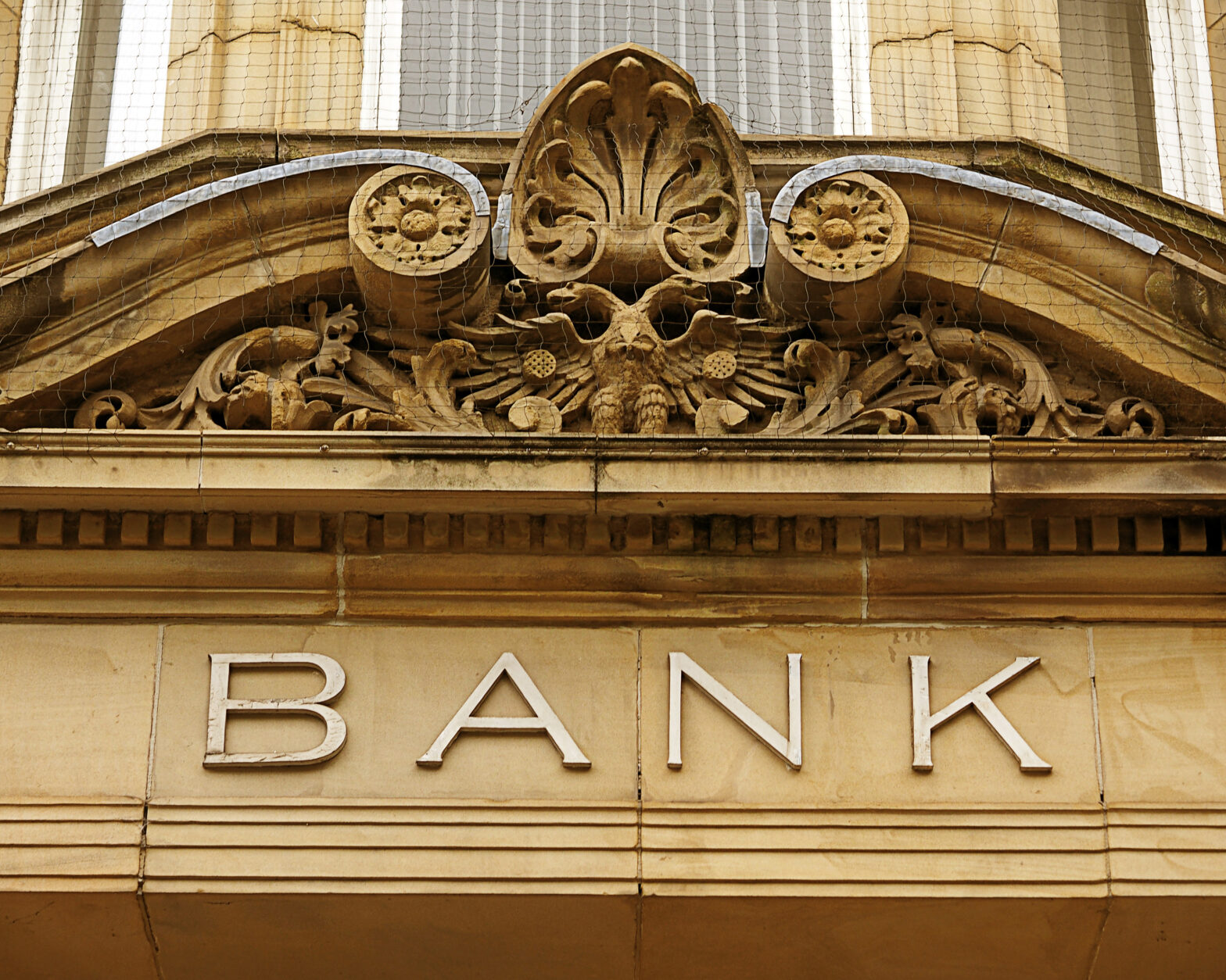Many businesses are still having no luck in obtaining bank loans.
Many businesses are still having no luck in obtaining bank loans. Scott Lehnhoff, managing director of printing solutions company Blackbird Print Management, says he received little assistance from his bank when he tried to gain start-up finance.
‘They were not very proactive at all. We changed to another bank that was more willing to give us an overdraft, but from a lending point of view banks have not helped us,’ he says.
Lehnhoff wanted to borrow money to purchase a £30,000 digital press to cut down on outsourcing costs in the long run. He showed the bank figures that outlined how the press would pay for itself in two years. ‘It was still a blatant “no” from them,’ says Lehnhoff.
No reason was forthcoming. ‘We were told to come back on certain days and they might reconsider, but even when they looked at our situation a second time we didn’t get any luck. We are trying to build more profit into our business and expand, but we keep falling at the hurdle that is the bank.’
Small business lending from UK banks
Banks have never really backed start-up ventures without collateral, but it’s especially hard now to attract finance on reasonable terms. Small business lending from UK banks has been cut by £28 billion since the collapse of Lehman Brothers two years ago, according to research by Aldermore bank.
Victoria Pooley, managing director of direct marketing firm The Data Partnership, only needed a loan as a short-term measure to combat a minor cash flow issue. ‘I asked the bank for £10,000 for a couple of weeks and they refused to lend without a director’s personal guarantee,’ she says.
Unwilling to comply for such a small sum, Pooley managed without the loan, but it wasn’t the last she heard from the bank. A year later, when the company had quadrupled its sales, the bank came back and offered a loan equating to 10 per cent of turnover. ‘It’s ridiculous,’ says Pooley. ‘Banks are lending to people who don’t need the help, and the ones who do need assistance are flagging. They’d rather see a lot of small businesses go under than help them out of a hole.’
As you might expect, sympathy for the banks is more concentrated in financial circles. Venture capitalist Nick Kingsbury, founder of Kingsbury Ventures, says, ‘There are a lot of people looking to set up businesses, and some are good candidates, but the challenge that banks have now is deciding how they sift through these companies and choose which ones they should be talking to.’
Evette Orams, managing director of finance broker Hilton-Baird, agrees with Kingsbury that there is no conspiracy against small businesses. ‘I don’t think the banks ever meant to be detached from the needs of businesses. Before the recession, they were criticised for overlending; then they had to tighten their criteria to fit a more robust framework of lending and now they’re criticised for being prudent.’





